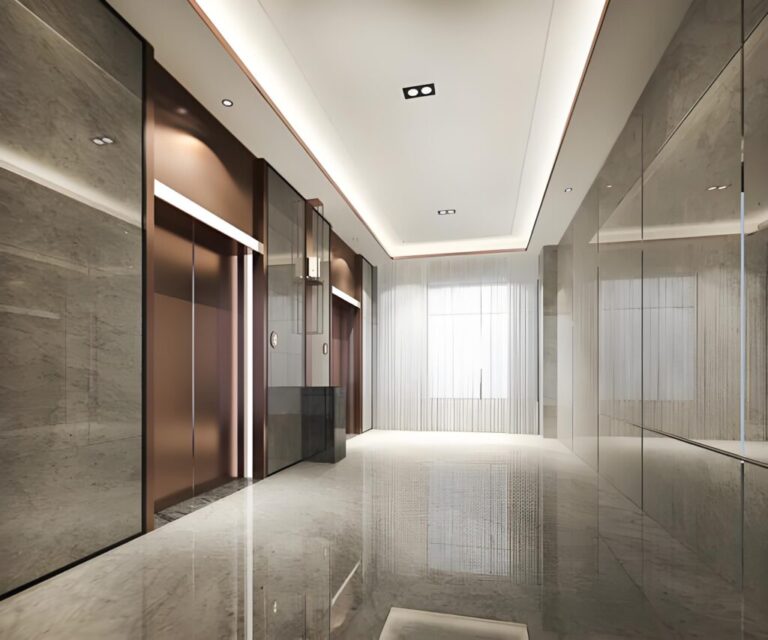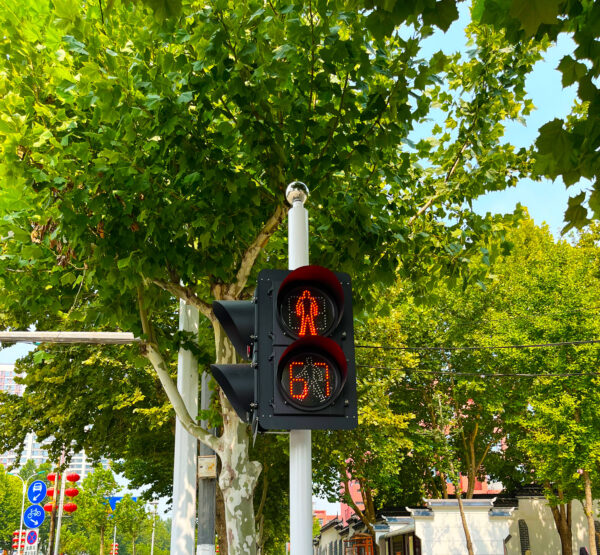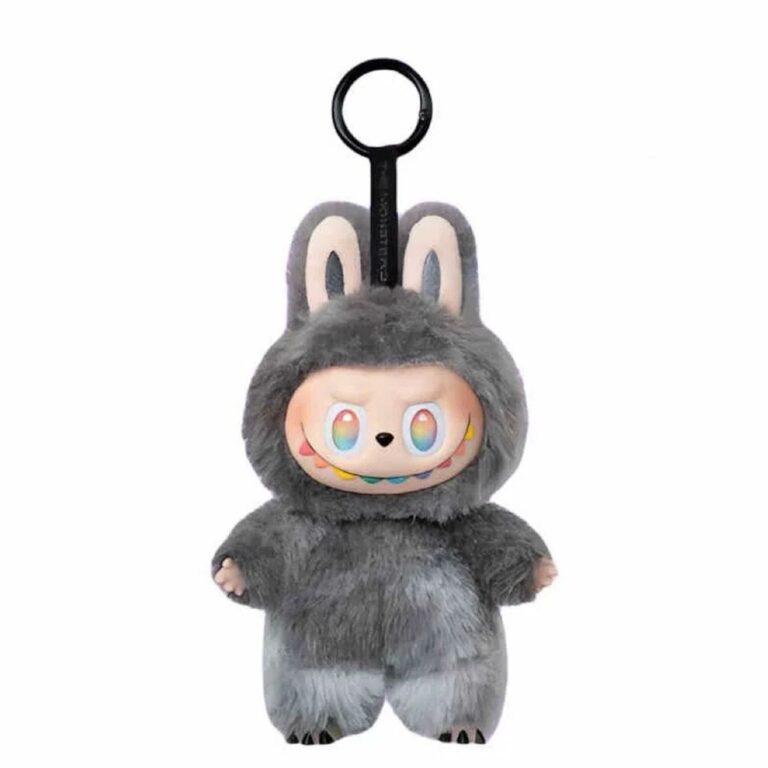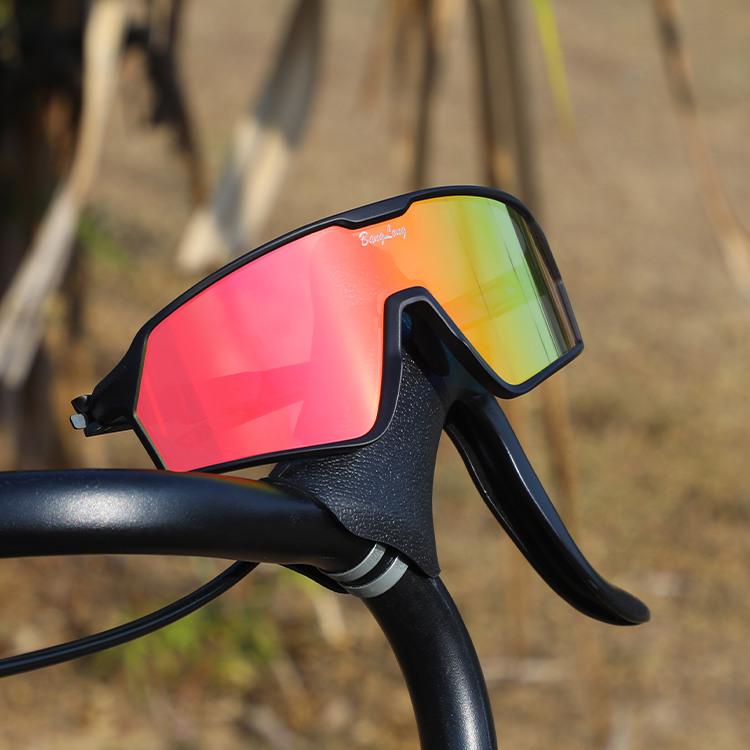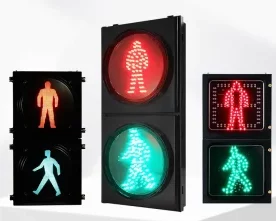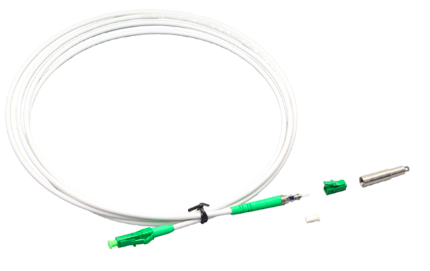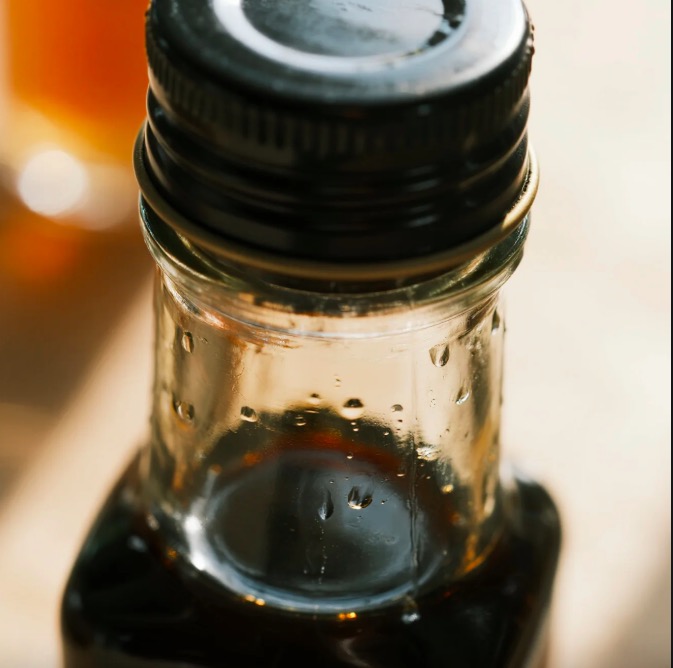Table of Contents
In today’s fast-paced, innovation-driven economy, custom OEM case manufacturers play a vital role in bridging the gap between product design and real-world durability. Whether it’s safeguarding sensitive electronics, medical instruments, or industrial tools, these manufacturers provide tailored solutions that ensure products arrive intact, perform reliably, and reflect the brand’s identity.
As industries demand more specialized packaging and protection, custom OEM case manufacturing has evolved into a high-tech, design-centric field—one that combines engineering precision with aesthetic customization.
What Is a Custom OEM Case Manufacturer?
A custom OEM (Original Equipment Manufacturer) case manufacturer specializes in designing and producing protective cases tailored to the exact specifications of a client’s product. These cases are not off-the-shelf solutions—they’re engineered to fit, protect, and present a specific item or system, often with custom foam inserts, molded shells, and branding elements.
Typical applications include:
- Medical devices
- Military and tactical equipment
- Consumer electronics
- Industrial tools and sensors
- Photography and audiovisual gear
Why Custom OEM Cases Are in High Demand
Several trends are driving the growth of this sector in 2025:
Product Miniaturization and Complexity
As devices become smaller and more intricate, they require cases that offer precise fitment and shock absorption. Custom OEM cases are designed to cradle delicate components, preventing movement and damage during transport.
Brand Differentiation
Companies are using custom cases not just for protection, but also for presentation. A well-designed case can enhance perceived value, reinforce brand identity, and create a memorable unboxing experience.
Global Logistics and Compliance
With products shipped across continents, cases must meet international standards for impact resistance, water ingress, and temperature tolerance. Custom OEM manufacturers ensure compliance while optimizing for weight and cost.
Sustainability and Reusability
Reusable transit cases and eco-friendly materials are becoming standard. Manufacturers are incorporating recycled plastics, biodegradable foams, and modular designs to reduce environmental impact.
Key Features of Modern Custom OEM Cases
Today’s custom cases are more than just boxes—they’re engineered systems. Common features include:
- Shock-absorbing foam inserts: CNC-cut or die-cut to match the product’s shape.
- Waterproof and dustproof shells: Often rated to IP67 or higher.
- Temperature resistance: For use in extreme environments.
- Modular compartments: For accessories, cables, or documentation.
- Custom branding: Including molded logos, color matching, and laser engraving.
These features ensure that the case not only protects but also enhances the user experience.
The Manufacturing Process: From Concept to Case
Creating a custom OEM case involves several stages:
- Consultation and Requirements Gathering Engineers work with clients to understand the product’s dimensions, fragility, use case, and branding needs.
- 3D Modeling and Prototyping CAD software is used to design the case and internal layout. Rapid prototyping tools like 3D printing allow for quick iterations.
- Material Selection Depending on the application, materials may include ABS, polycarbonate, aluminum, or composite blends.
- Production and Assembly Cases are molded, cut, and assembled using CNC machines, injection molding, or thermoforming.
- Quality Control and Testing Finished cases undergo drop tests, vibration tests, and environmental simulations to ensure performance.
Industries That Rely on Custom OEM Case Manufacturers
Custom OEM cases are essential across a wide range of sectors:
- Healthcare: For transporting diagnostic tools, surgical kits, and portable imaging devices.
- Defense and Aerospace: For mission-critical equipment that must withstand extreme conditions.
- Telecommunications: For field-deployable systems and sensitive electronics.
- Energy and Utilities: For ruggedized tools and monitoring equipment.
- Creative Industries: For protecting cameras, drones, and lighting gear.
Each industry has unique requirements, and custom case manufacturers tailor their solutions accordingly.
Seasonal Spotlight: Summer Logistics and Outdoor Applications
In summer months, demand often rises for cases used in outdoor environments—such as field service kits, camping tech, or portable medical units. Manufacturers respond by:
- Enhancing UV and heat resistance in materials.
- Designing ergonomic handles and wheels for easier transport.
- Offering modular inserts for seasonal accessories or add-ons.
These adaptations ensure that cases perform reliably in hot, humid, or rugged conditions.
Looking Ahead: The Future of Custom OEM Case Manufacturing
The next wave of innovation in this field includes:
- Smart cases: Embedded with sensors to monitor temperature, humidity, or impact during transit.
- Digital twins: Virtual models of cases used for predictive maintenance and logistics planning.
- AI-assisted design: Using machine learning to optimize foam layouts and material usage.
- On-demand local manufacturing: Micro-factories that produce cases closer to the end user, reducing lead times and emissions.
As products become more specialized and globalized, the role of custom OEM case manufacturers will only grow more critical.
0


